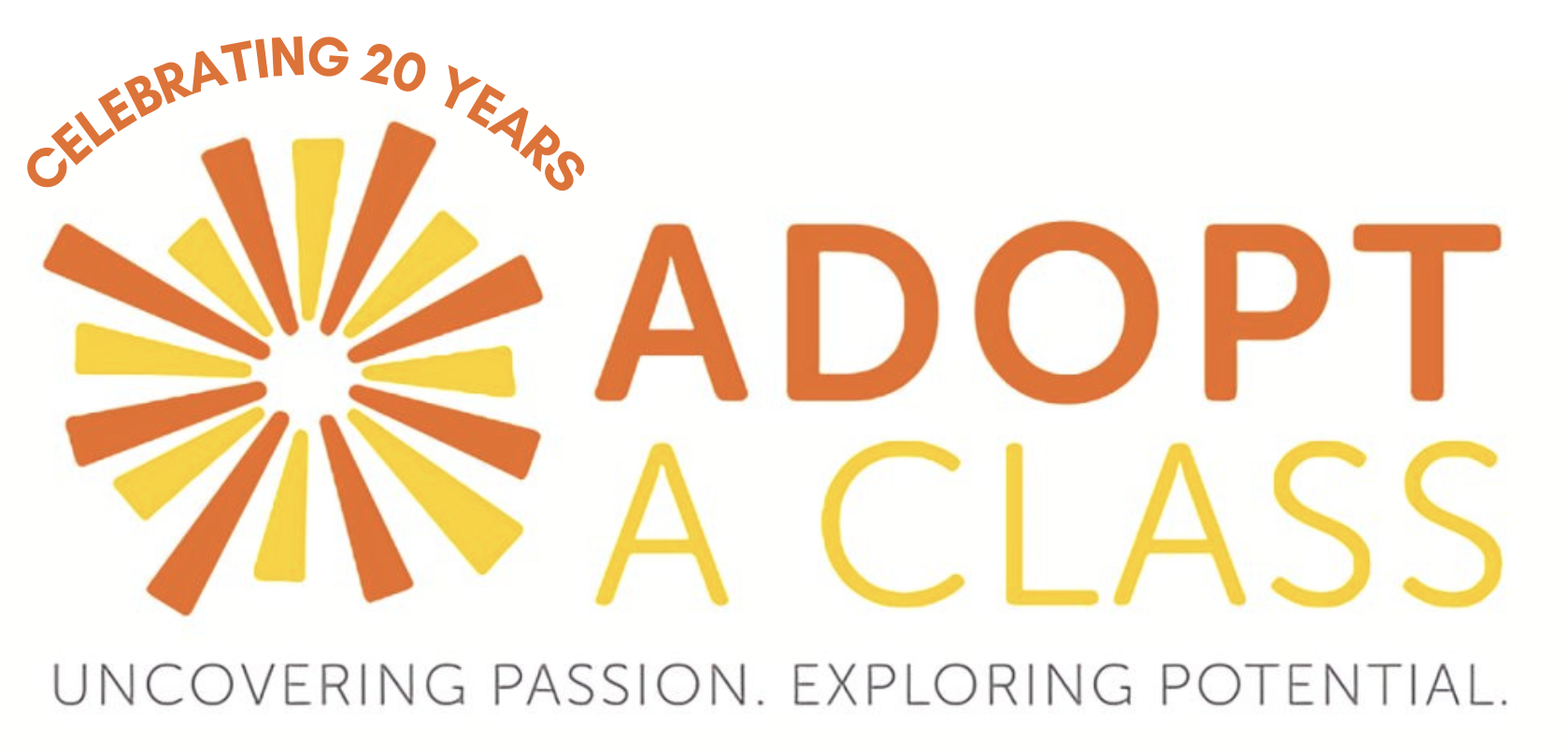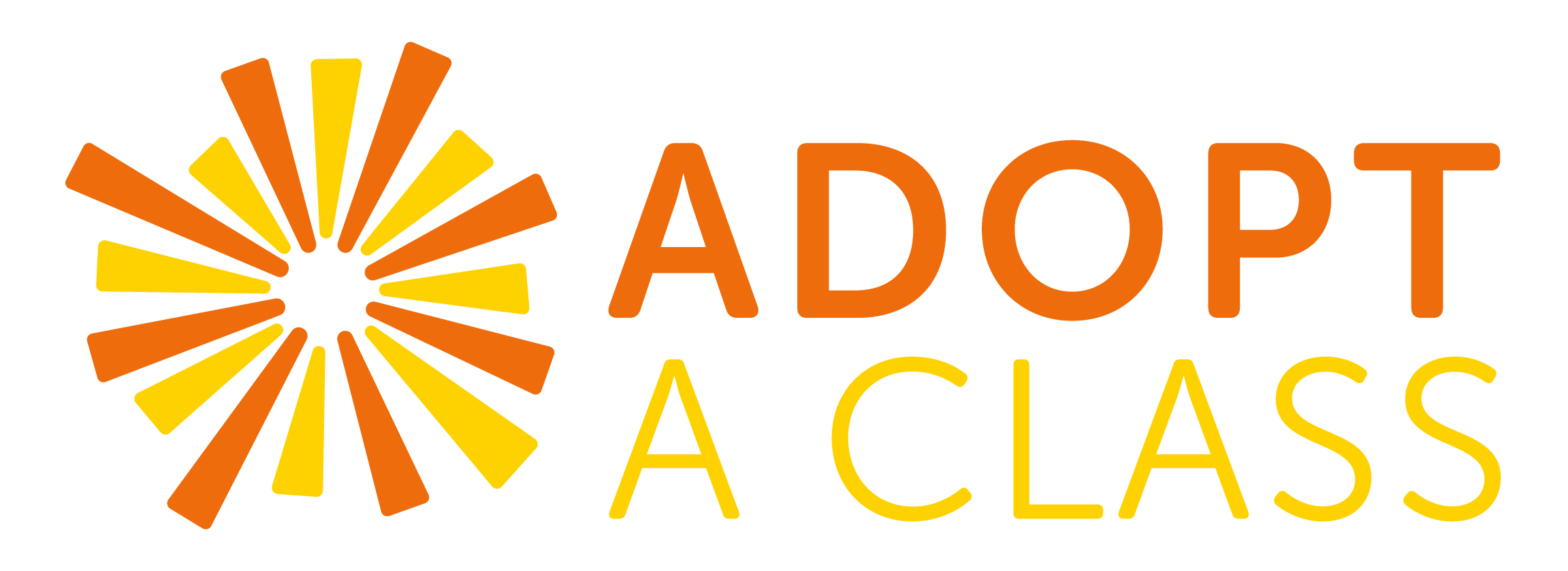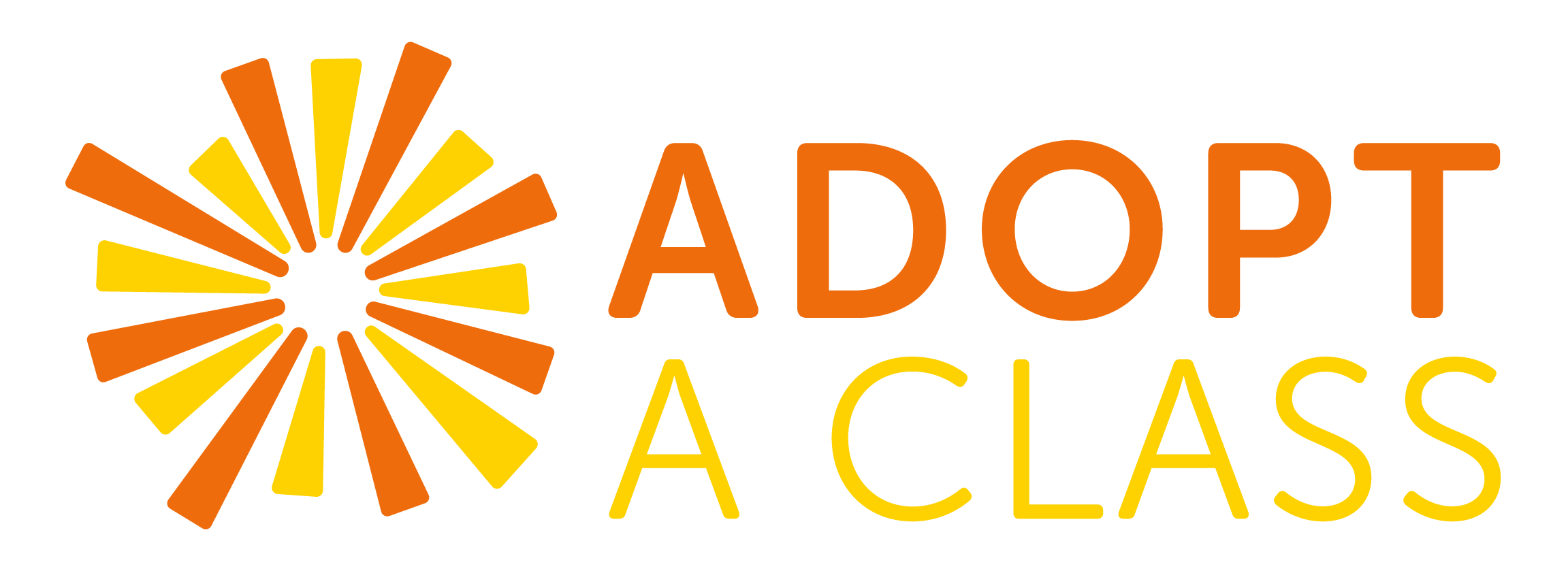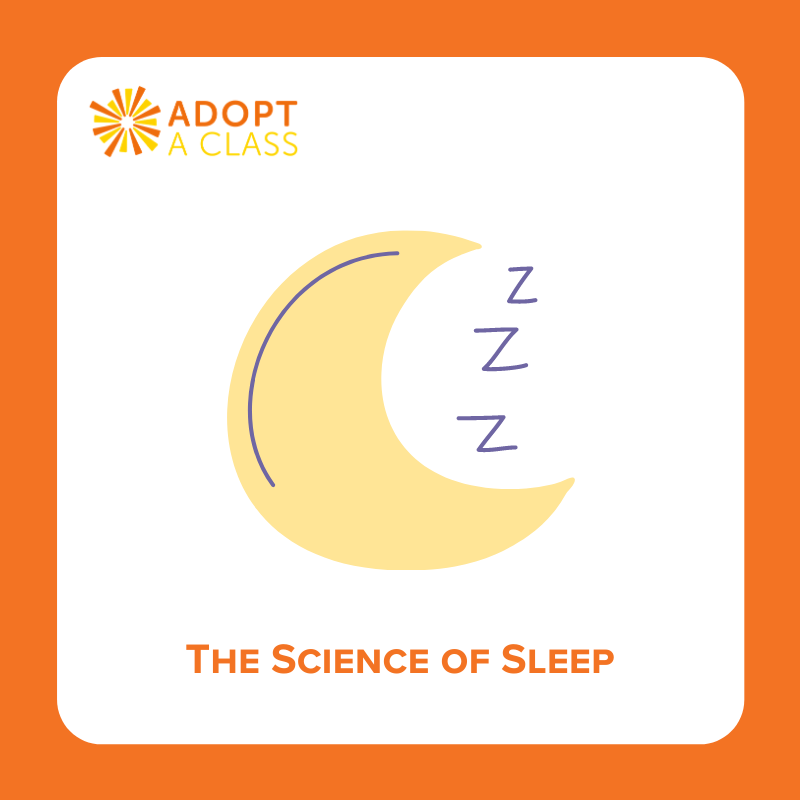The Science of Sleep
The Science of Sleep
Materials: Links to assist: What Would Happen if You Didn’t Sleep?
Instructions:
- Share with students that the topic today is sleep. Why is sleep so important? How do they feel when they don’t get enough? How does it impact us both positively and negatively? Allow students some time to answer.
- When students and mentors have shared, have a mentor (or teacher) share the screen and the video “What would happen if you didn’t sleep?”
- After the video is over, ask students their thoughts. Would they ever try something like that? Were they surprised by what they heard?
- Share the following facts with the students:
- After sharing these facts, ask students what they can change each night before going to bed that will help them to sleep better. Mentors, be sure to share your tips and tricks, too!
– Today, 75% of us dream in color. Before color television, just 15% of us did.
– One of our biggest sleep distractions is 24-hour Internet access
– Dolphin and Whales literally fall ½ asleep – each half of their brain takes turns so they can come up for air
– Tiredness peaks twice a day: 2am and 2pm. That’s why you’re less alert after lunch
– You sleep better during a new moon and worse during a full moon
– One third of your life is spent sleeping
– Elephants sleep less than any other animal
– Tigers and infants sleep the same amount
– Humans usually have 4-6 dreams per night
– Lack of proper sleep can cause you to get sick easier, make you grumpy, can affect your memory and concentration
– Students who get good sleep perform better at school
Download activity here
Grade Range: 6th – 8th
Time: 20 Minutes
Synopsis: Mentors and students will talk all about sleep and its importance in keeping our brains sharp. Students will watch a video about a teen who didn’t sleep for 11 days and learn a few surprising sleep facts. If time permits, talk about some ways that a bedtime routine can help and have kids and mentors share what works best for them. ** Consider using the hand raise/thumbs up feature of your virtual platform to assist with determining who will answer **




